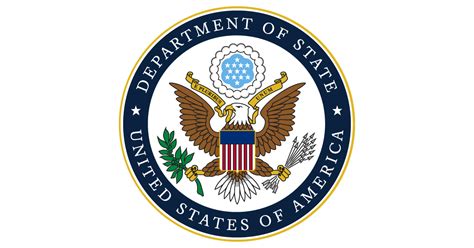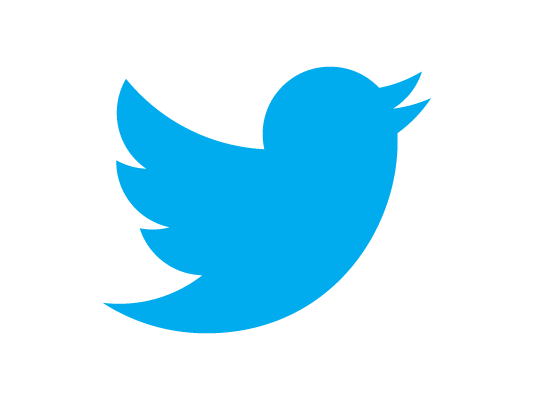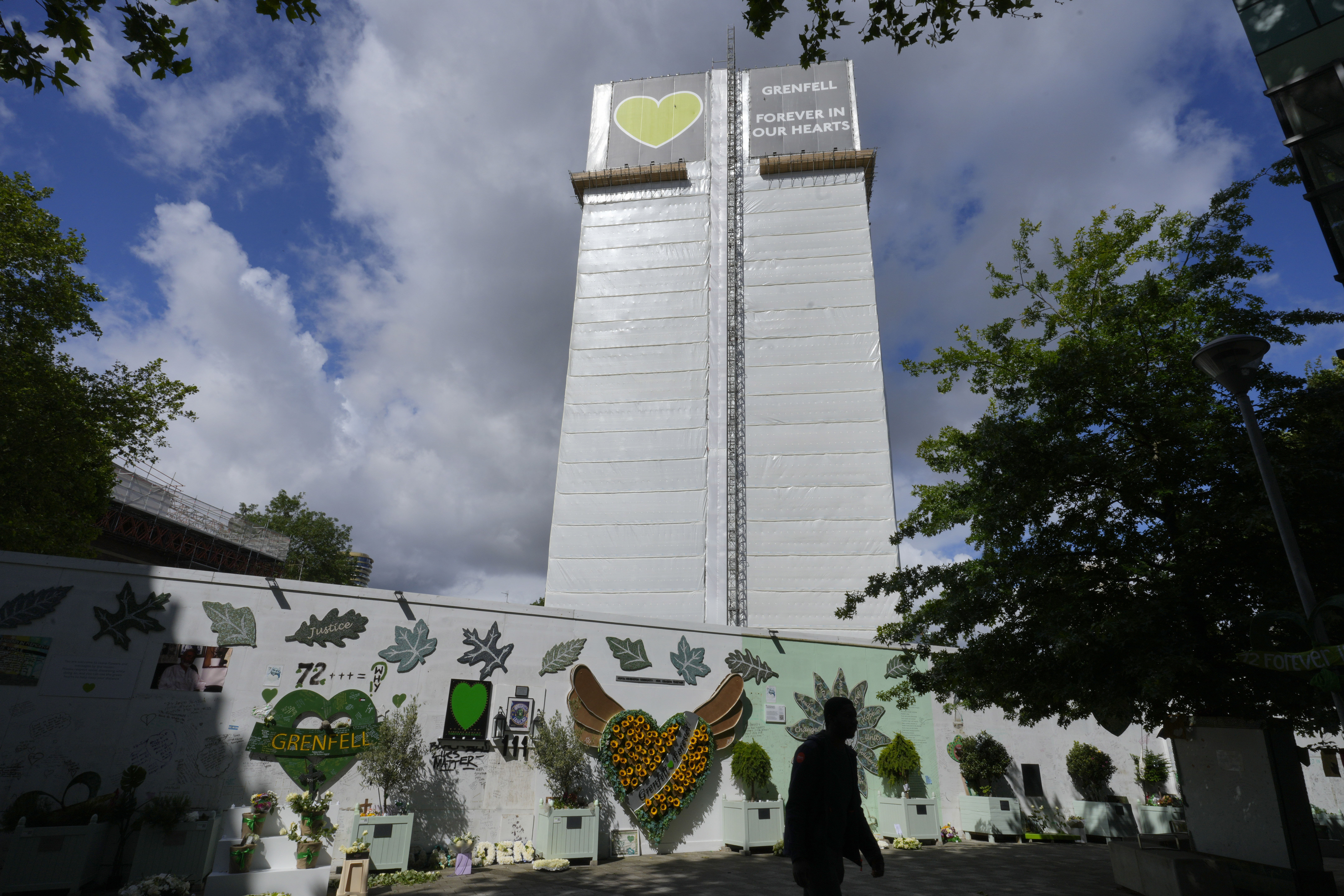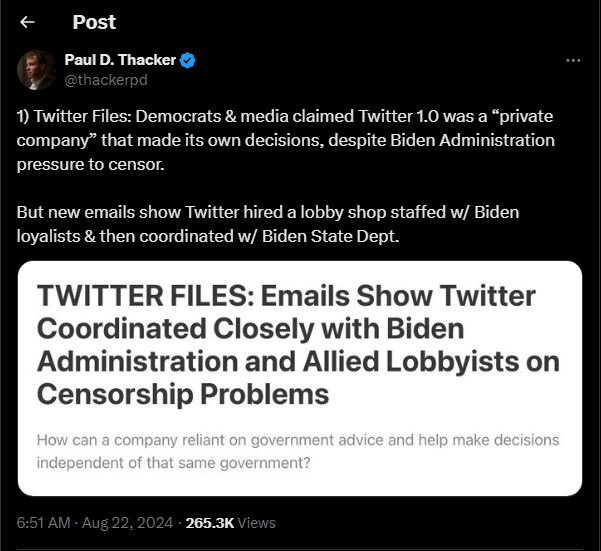According to independent journalist Paul D. Thacker, who today released the latest batch of “Twitter Files,” emails reveal that the Biden administration worked closely with platforms like Twitter to censor content and influence social media content moderation policies.
by Michael Nevradakis, Ph.D. The Defender
This article was published on The Defender—Children’s Health Defense News & ViewsWebsite on August 22, 2024
The latest release of the “Twitter Files” includes evidence that the U.S. Department of State worked closely with social media platforms, despite denials by government officials.
Independent journalist Paul D. Thacker published the documents today in The Disinformation Chronicle. Thacker’s previous “Twitter Files” installments revealed evidence of collusion between the federal government, social media platforms and private actors to censor content.
According to Thacker, the newly released documents add to existing evidence that the Biden administration worked closely with platforms like Twitter to censor content and influence social media content moderation policies.

“These emails [call] into sharp question claims by Democrats and their allies in the media that Twitter did not collude with federal agencies and was free from Biden administration pressure to make its own censorship decisions,” Thacker wrote.
According to the new “Twitter Files,” the Indian government pressured Twitter to censor accounts in 2021, including accounts critical of India’s COVID-19 policies.
This led Twitter to hire Albright Stonebridge, a lobbying firm “closely aligned with the Biden administration”—and previously funded by the Bill & Melinda Gates Foundation—to pressure the State Department for assistance.
“Around this same timeframe, emails show that the State Department was pressuring Twitter to censor accounts they didn’t like,” Thacker wrote.
Thacker told The Defender the Indian government “was going after Twitter for not suspending accounts critical of the government, and there were threats that Twitter employees in the country would be arrested.”

The State Department then began “working closely with Twitter to deal with the company’s problems in India,” Twitter’s third-largest market, at the same time that it “was leaning on Twitter to censor certain accounts and topics,” Thacker said.
The new “Twitter Files” release is the latest in a series of installments, based on internal company records, that suggest “close coordination between U.S. government officials and social media companies to censor viewpoints and accounts — often those that opposed Biden administration policies,” Thacker wrote.
Lobbying firm helped develop relationship between State Department, Twitter
In 2021, Twitter, under its previous ownership, publicly criticized the Indian government’s “intimidation tactics,” including threats to jail Twitter employees based in India and to pass legislation that would give Indian authorities more influence over online platforms.
The New York Times and other media ran stories about Twitter’s criticisms, but their reports didn’t mention that Twitter “had secretly hired Albright Stonebridge, a firm closely aligned with the Biden administration”—and co-founded by former U.S. Secretary of State Madeleine K. Albright—according to Thacker.
“Albright Stonebridge was a prime choice for Twitter for dealing with the State Department,” Thacker wrote. “Around the same time period that Twitter hired the group, Politico reported that 10 of Biden’s highest-ranking national security and foreign policy officials and nominees had ties to Albright Stonebridge.”
These officials included Linda Thomas-Greenfield, U.S. ambassador to the United Nations; Philip Gordon, national security adviser to Vice President Kamala Harris; and Victoria Nuland, former under-secretary of state for political affairs.
India’s “censoring of social media drove Twitter right into the arms of lobby shop of foreign policy experts staffing the Biden administration. And Twitter then [began] collaborating with the Biden administration’s State Department,” Thacker wrote.
Documents Thacker revealed showed that Albright Stonebridge quickly got to work. In a Feb. 3, 2021, email, for instance, one of the firm’s lobbyists contacted then-Deputy Assistant Secretary Laura Stone, who oversaw U.S. policy regarding India, to schedule a meeting with Twitter representatives.
Stone, now the U.S. ambassador to the Marshall Islands, also previously served as deputy coordinator of the State Department’s Office of COVID-19 Response and Health Security.
Until recently, Stone was affiliated with Stanford University, which according to previous “Twitter Files” releases, worked with the Biden administration and social media platforms to help censor so-called “misinformation.”
“We were wondering if you or somebody on your team would be available tomorrow for us to brief you further on this issue and to seek your advice on how to approach and whether the Embassy would be willing to raise this with the Indian government,” the Feb. 3, 2021, email stated in part.
Monique Meche, then Twitter’s vice president of global public policy and philanthropy, was copied on the email.
Meche later asked Stone, in a “sensitive but unclassified” May 24, 2021, email, “Would you have time to meet with us again for an update on the latest developments on government action against Twitter in India?”
According to the email, Indian police visited Twitter’s India offices that day, following “recent emergency blocking orders for Tweets that criticized the government’s handling of the COVID crisis requesting the removal of 102 tweets.”
In her response, Stone wrote, “We are trying to get in touch with our colleagues in the Embassy as well as get more details. Do you want to speak today, or to wait until we know a little more tomorrow?”
A State Department official then followed up on this communication, asking Twitter to send a calendar invitation to federal government officials for this meeting, noting that Stone and another deputy assistant secretary would attend.
Firms connected to the State Department helped Twitter censor content
According to Thacker, Albright also was a board member of the Atlantic Council, a nonprofit think tank focusing on international affairs and foreign relations.
“While purportedly independent of the U.S. government, the Atlantic Council’s board is littered with former heads of national security agencies, including the CIA. Twitter Files reporters also found that The Atlantic Council works closely with the State Department,” Thacker wrote.
Thacker cited the State Department’s Global Engagement Center (GEC), which, according to a March 2023 release of the “Twitter Files,” worked with the Atlantic Council to draft lists of users for Twitter to censor.
This included a list of approximately 40,000 Twitter accounts suspected of “‘engaging in inauthentic behavior’ in support of India’s ruling political party ‘and Hindu nationalism more broadly’” and of being “paid employees or possibly volunteers” of the party — but who instead were American citizens unconnected to India.
According to Thacker, the GEC “also applied direct pressure to Twitter for censorship”—having developed a list containing 5,500 names of “Chinese” Twitter accounts allegedly engaged in “state-backed coordinated manipulation.”
Many of those listed turned out to be Western government accounts, in addition to accounts belonging to at least three CNN employees based overseas.
In 2021, the GEC and the Atlantic Council organized the U.S.-Paris Tech Challenge Against Disinformation and Propaganda, which aimed “to advance the development of promising and innovative technologies against disinformation and propaganda across the European Economic Area (EEA) and the United Kingdom (UK).”
The Cybersecurity and Infrastructure Security Agency, another U.S. government agency implicated in previous “Twitter Files” releases and the Murthy v. Missouri and Kennedy v. Biden lawsuits — both of which accuse the Biden administration of illegally colluding with social media platforms to censor online content — was one of the event’s “collaborating organizations.”
The State Department is also a defendant in the two lawsuits, while some of its officials were among the federal employees who were deposed as part of the discovery process in Murthy v. Missouri.
“Twitter executives began collaborating with the State Department to address censorship in India, even as the State Department and their grantee the Atlantic Council pressured Twitter to censor. It’s really that crazy,” Thacker said.
Thacker said the latest findings contradict claims by outlets such as The Washington Post and by Democrat members of Congress that no such collusion occurred—claims which went so far as to characterize statements to the contrary as “conspiracy.”
“Twitter is a private media company,” said Rep. Jamie Raskin (D-Md.) during the opening statement of a February 2023 congressional hearing which Thacker cited. “In America, private media companies can decide what to publish or how to curate content however they want.”
Thacker said:
“It’s hard to look back at allegations that Twitter was just a ‘private company’ making up its own mind about what accounts should be censored. Emails show that Twitter was highly reliant on the advice and help of the Biden administration and their allied lobbyists to manage problems in India.
“I don’t care what term is used: collusion, coordination, partnership. It’s very obvious, from a slew of emails, that the Biden administration and the old Twitter were working together on a host of different issues. It’s irrational to think that Twitter was getting help from the State Department but then totally ignoring the State Department’s censorship requests.”
This article was published by The Defender—Children Health Defense News & Views Website under Creative Commons license CC BYNCND 4.0.0.













